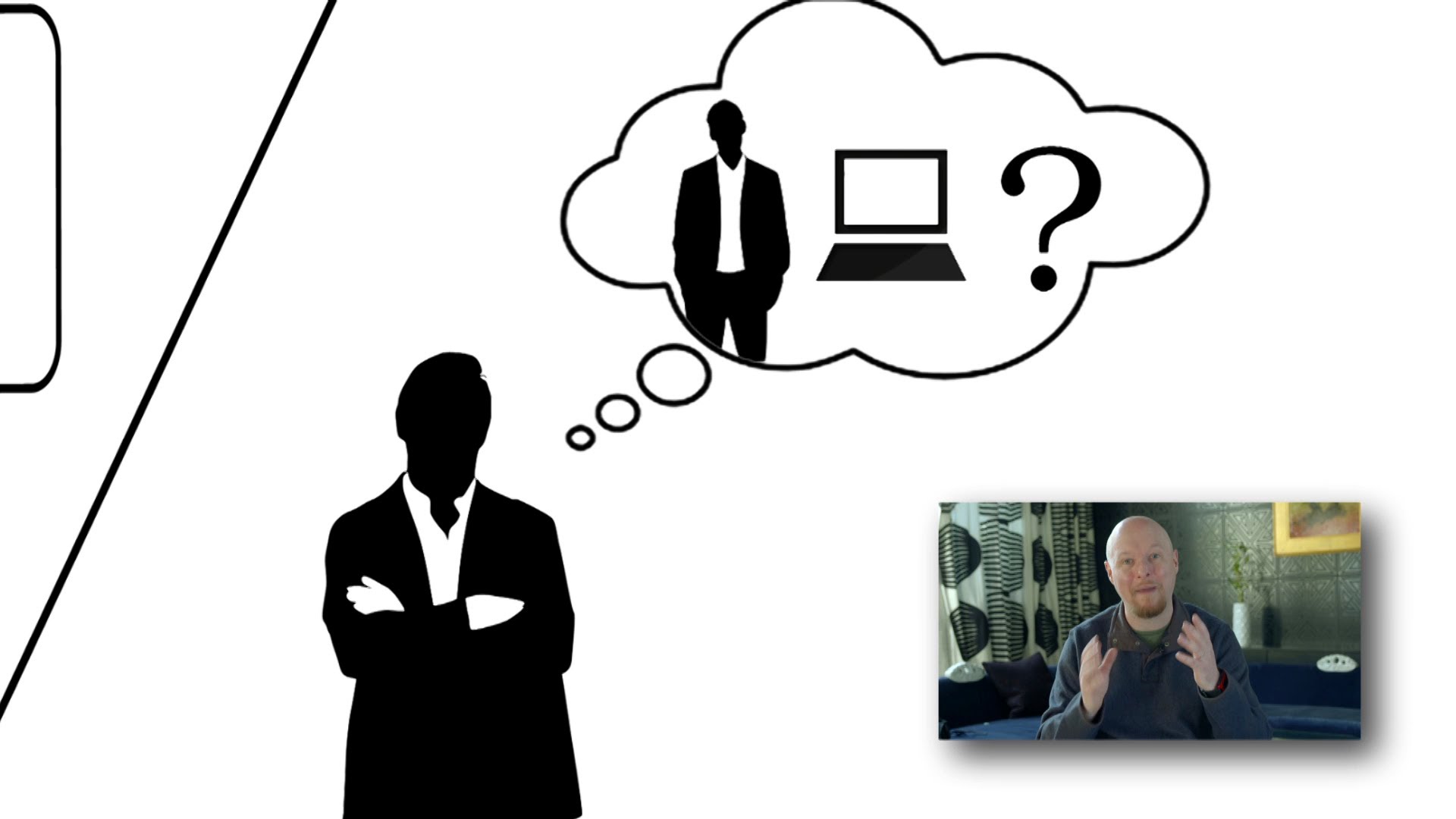Share on Facebook: http://on.fb.me/1BjUH3I
Spike Jonze’s upcoming movie “Her” deals with a man (Joaquin Phoenix) who falls in love with his intelligent, self-aware computer operating system (Scarlett Johansson). But what is it that we find so fascinating about artificial intelligence? Could we ever create completely self-aware artificial intelligence? Maybe we already have!
Do you think it’s a good idea for us to give machines intelligence, including self-awareness and consciousness? Let us know in the comments below!
——————————————————–
Subscribe to Fw:Thinking:
http://www.youtube.com/subscription_center?add_user=fwthinking
For the audio podcast, blog and more, visit the Fw:Thinking website:
http://www.fwthinking.com
Fw:Thinking on Twitter: http://www.twitter.com/fwthinking
Jonathan Stickland on Twitter: http://www.twitter.com/jonstrickland
Fw:Thinking on Facebook: http://www.facebook.com/FWThinking01
Fw:Thinking on Google+: https://plus.google.com/u/0/108500616405453822675/
[TRANSCRIPT]:
The Internet is smarter than you are, and it might know that.
Hey there, I’m Jonathan Strickland with Fw:Thinking. I’m in my writing room, and I was just thinking about artificial intelligence and why we find it so fascinating. I mean, just look at our science fiction. You’ve got HAL from 2001, you’ve got Samantha from the upcoming Spike Jonze film ‘Her.’ But where does science fiction leave off and science fact pick up?
Well, first of all, artificial intelligence isn’t some sort of on/off switch, where you either have it or you don’t. It’s actually more like a spectrum. And on one end you have artificial intelligence elements like being able to recognize natural language, or figuring out the laws of physics based upon the movements of a pendulum. And on the other end, you have the real goal. The idea of a self-aware, conscious, thinking machine.
Now, Alan Turing, the father of computer science, proposed a Turing Test for machine intelligence. You ask questions on a computer. The answers you get back might be from a person, or they might be from a machine. And if you can’t tell the difference between the two, the machine was said to have passed the Turing Test. It appears intelligent. But is it conscious?
Well some people, like philosopher John Searle, said no. Computers don’t understand what they’re doing, they’re following a complex series of instructions. And they’re really good at it. But they don’t know what’s going on. And perhaps they never will.
But prepare to have your mind blown. You see, some people like the neuroscientist Christof Koch have said, what about panpsychism – an idea where you have these complex systems of information relay points that are communicating with each other. And from that consciousness naturally arises. So for us, our brains, they’re just these complex systems of neural pathways, and that’s why we’re conscious.
Well, if that’s the case, what about an artificial system? Lets say, the Internet. A system that’s a network of networks, with millions of computers with billions of transistors. Could that one day become conscious? Is it conscious already?
Now not everyone agrees with that. In fact, my gut feeling about consciousness is that it’s probably a little more complex than that. It may be that it’s not just about how complex our neural networks are, but also things like how our hormones can affect the way we feel and think.
So maybe we just haven’t nailed down what makes consciousness tick.
UCnf7ZZpBsuTxnQgy1TKbTIw
source


